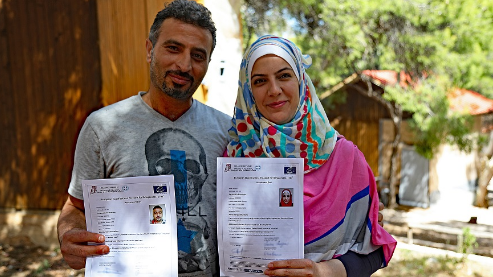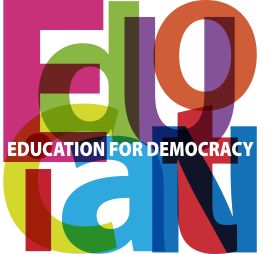European Qualifications Passport for Refugees

Based on the Council of Europe/UNESCO Convention on the Recognition of qualifications concerning Higher Education in the European Region[1] (ETS 165; Lisbon Recognition Convention), Article VII and a specific Recommendation adopted by the Convention Committee on 14 November 2017, the EQPR is steadily gaining acceptance among authorities and higher education institutions. Partners include Ministries of Education of Greece, Italy and Norway, the Government of Flanders (Belgium) and the Governments of Georgia and Monaco as host countries and/or financial supporters as well as National Recognition centers from Armenia, Bosnia and Herzegovina, Canada, Croatia, France, Germany, Greece, Italy, the Netherlands, Norway, Portugal, Romania, Serbia and the United Kingdom.
[1] https://www.coe.int/en/web/conventions/full-list/-/conventions/treaty/165



